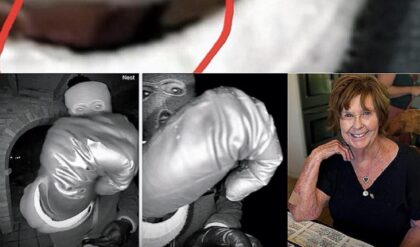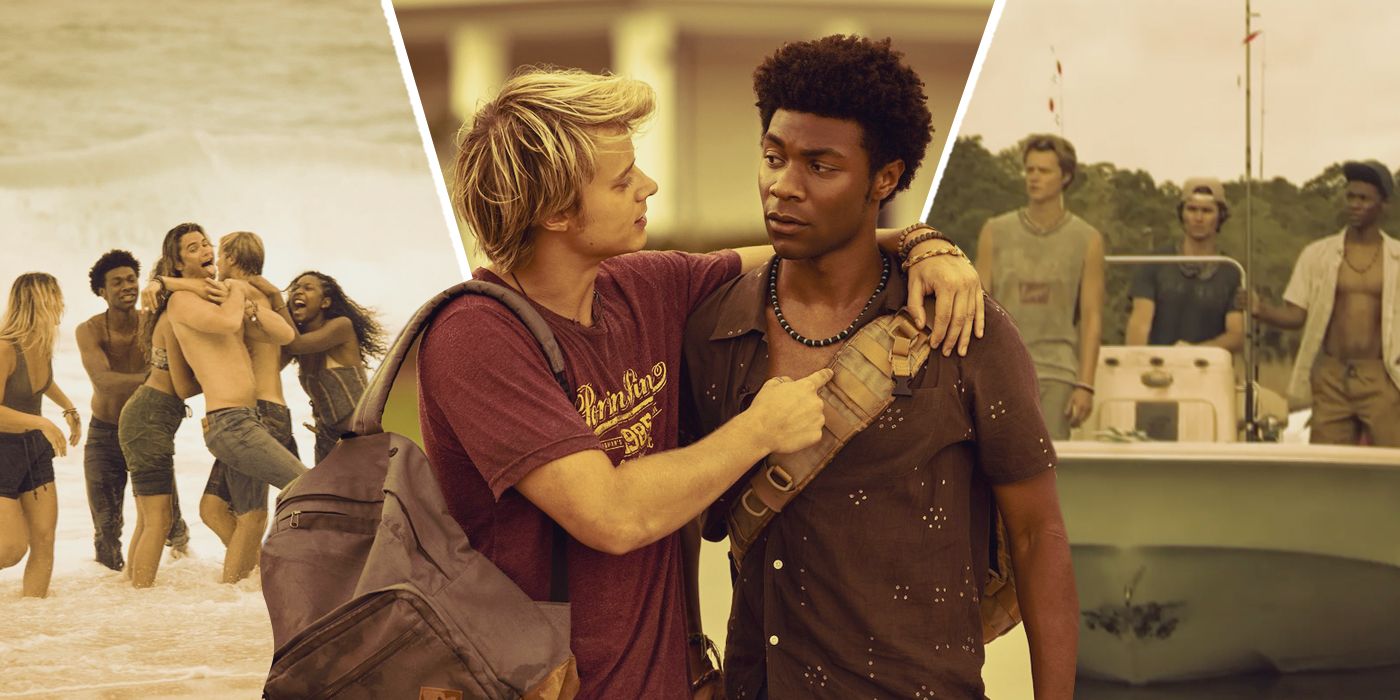
Fundamental in the OBX is the divide between the region and the people. There is the south side and the north side, the rundown houses, and the sparkling mansions. As for the people, the apathy between the two groups, the working-class Pogues and the wealthy Kooks, is more than palpable and carries the entire storyline of the series. The hatred between the two sides in Outer Banks is ever-present, but are Pogues and Kooks real?
Who Are the Pogues and Kooks on Outer Banks?
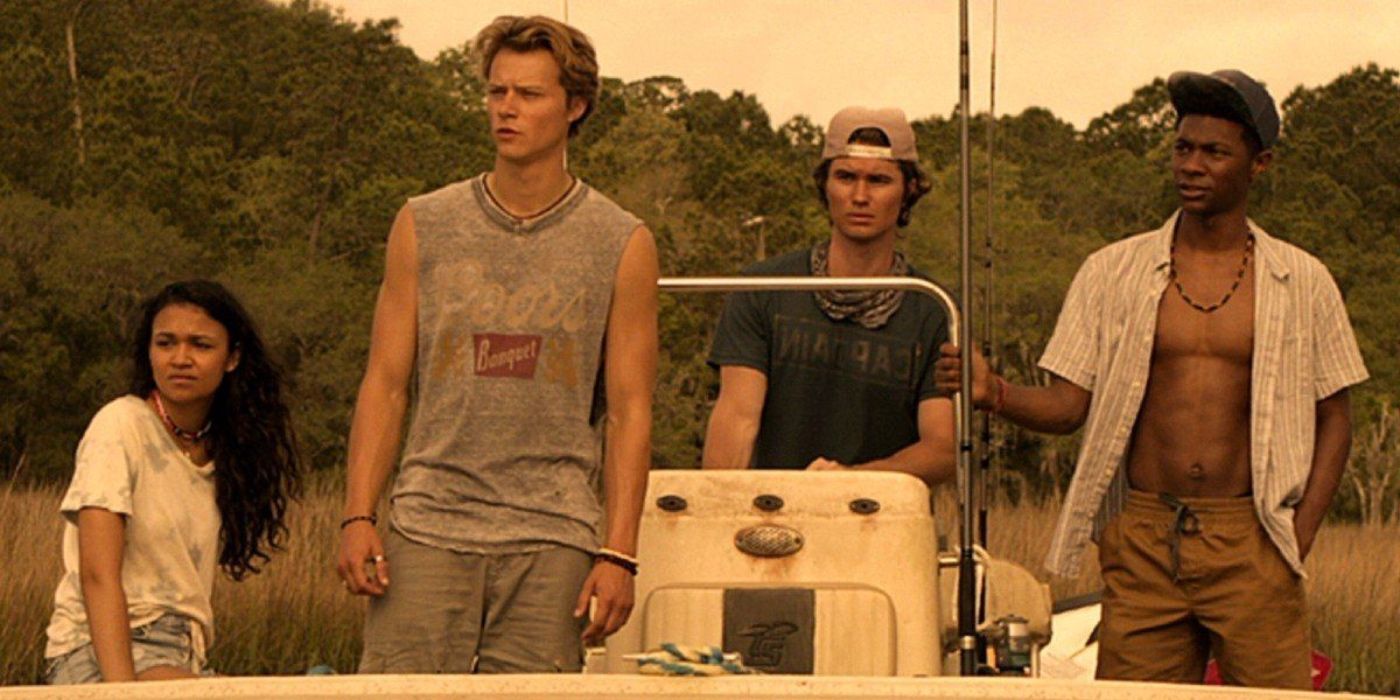
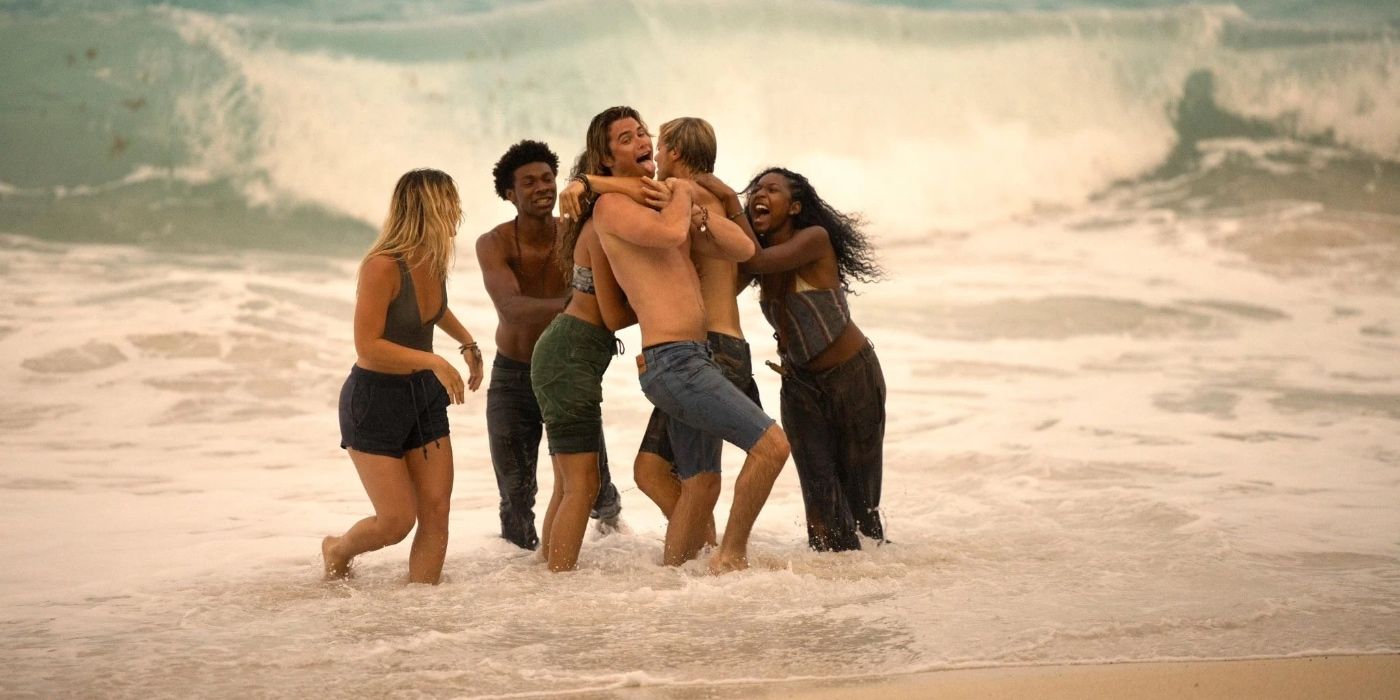
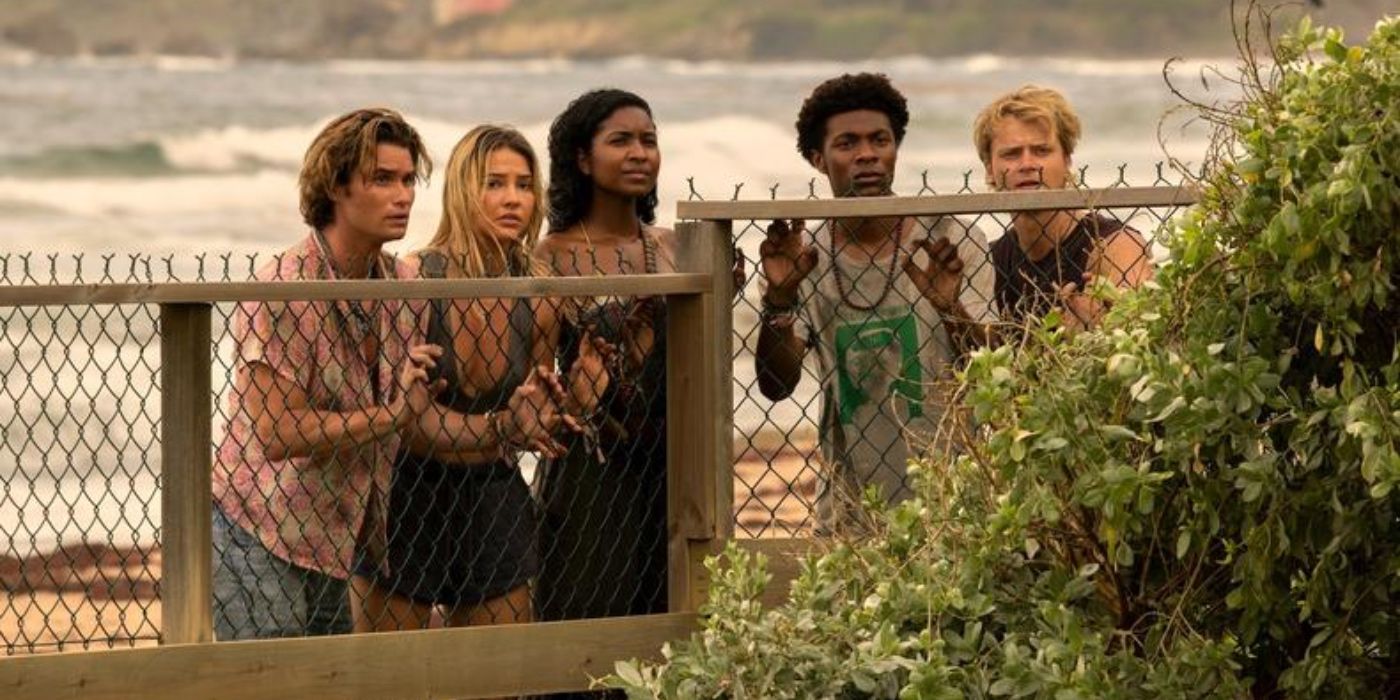
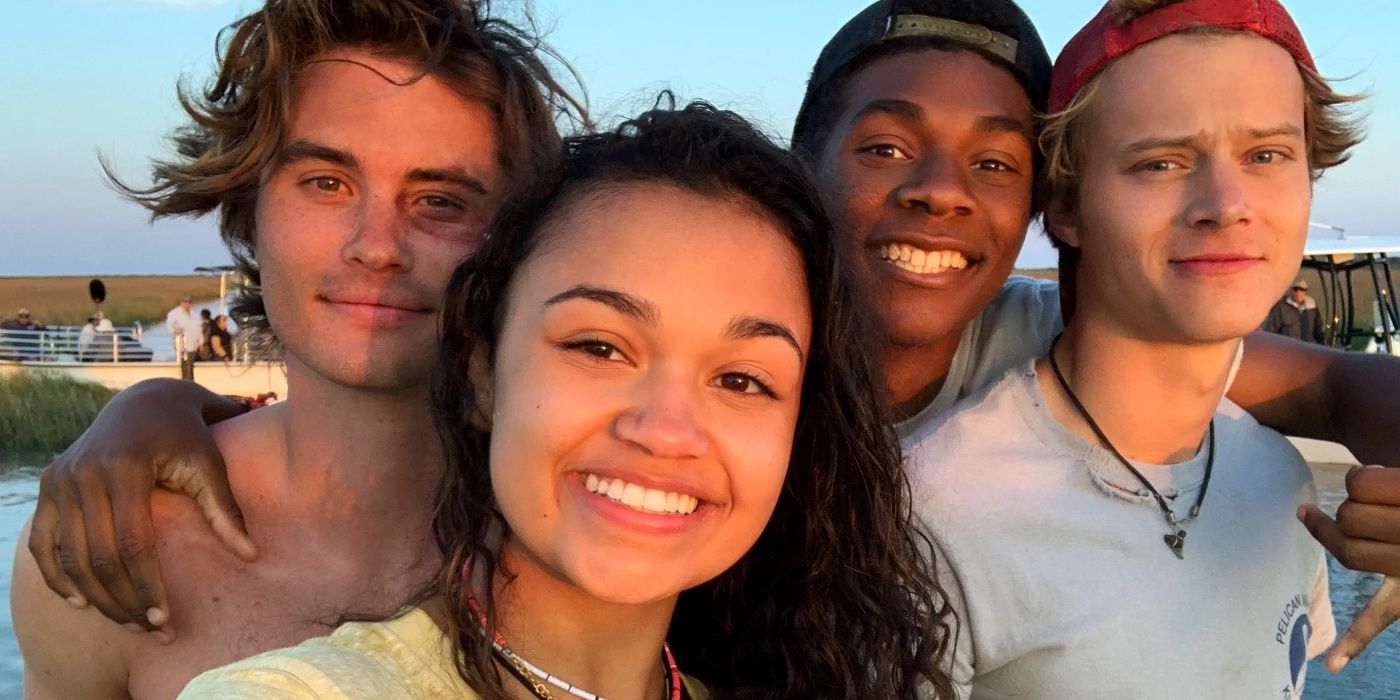




The Pogues
Living on the south side, or what is also known as the Cut, Pogues depict the working class, left to fight for themselves all day, every day. To be a Pogue, however, means to accept their situation and embrace it, even taking advantage of it. People from that side don’t often leave their area, and if they do, then it is usually in order to work for the rich. Making their money through serving tables or cleaning expensive yachts, the Pogues certainly don’t have it easy.
However, despite money problems, housing issues, and electricity blackouts after storms, what they do have is community, fun, and adventures. John B (Chase Stokes), Pope (Jonathan Daviss), JJ (Rudy Pankow), and, despite technically being half-Kook, also Kiara (Madison Bailey) are prime examples of what it means to be a Pogue, and are later joined by the Kook princess who longs for the Pogue life, Sarah Cameron (Madelyn Cline) as well as adventure-seeking Cleo (Carlacia Grant).
They don’t abide by the law, but they much rather make their own. P4L, Pogues for life, is the only rule they abide by. No snitching and no Pogue on Pogue macking. The importance of friendship takes center stage, and together they take on whatever or whoever tries to get in their way. Pogues don’t always get what they want, and they know it, but what sets them apart is their deeply rooted spirit of adventure and dedication. According to the Pogues, Pogue life is the best life.
The Kooks
On the north side, or what is also called Figure 8, the way of life is quite the opposite. It is the habitat of the Kooks, the rich people on the island. Kooks don’t do the dirty work, they have someone, preferably a Pogue, do it for them. Delivering their groceries, cleaning their houses and yachts, or serving their food, they always have someone running around for them and will make sure to convey their superiority to the workers.
In general, Kooks such as Ward Cameron and his son, Rafe (Drew Starkey), Topper (Austin North), and Kelce (Deion Smith) love to show off their dominance and their money, and receive recognition for their abundant lifestyle. Whether it is rich kids (side-eyeing Rafe) throwing huge parties inside their family’s mansions, money, drinks, and drugs out on display, or possessing the best of the best when it comes specifically to boats and also cars, the ultimate goal of a Kook is to show off what they have.
Overall, being a Kook is seen as something negative, unless you are one of them. From a financial and legal point of view, they are better off than the Pogues, because Kooks use money and connections in high places to make their life even smoother than it already is. Crimes or other issues with the police can quickly disappear with just one phone call and, simultaneously, they use their power to ensure even worse consequences for Pogues. The Kook with the most influence takes over the reins of Figure 8, and for the longest time, this family has been the Camerons.
Do Pogues and Kooks Exist in the Real Outer Banks?
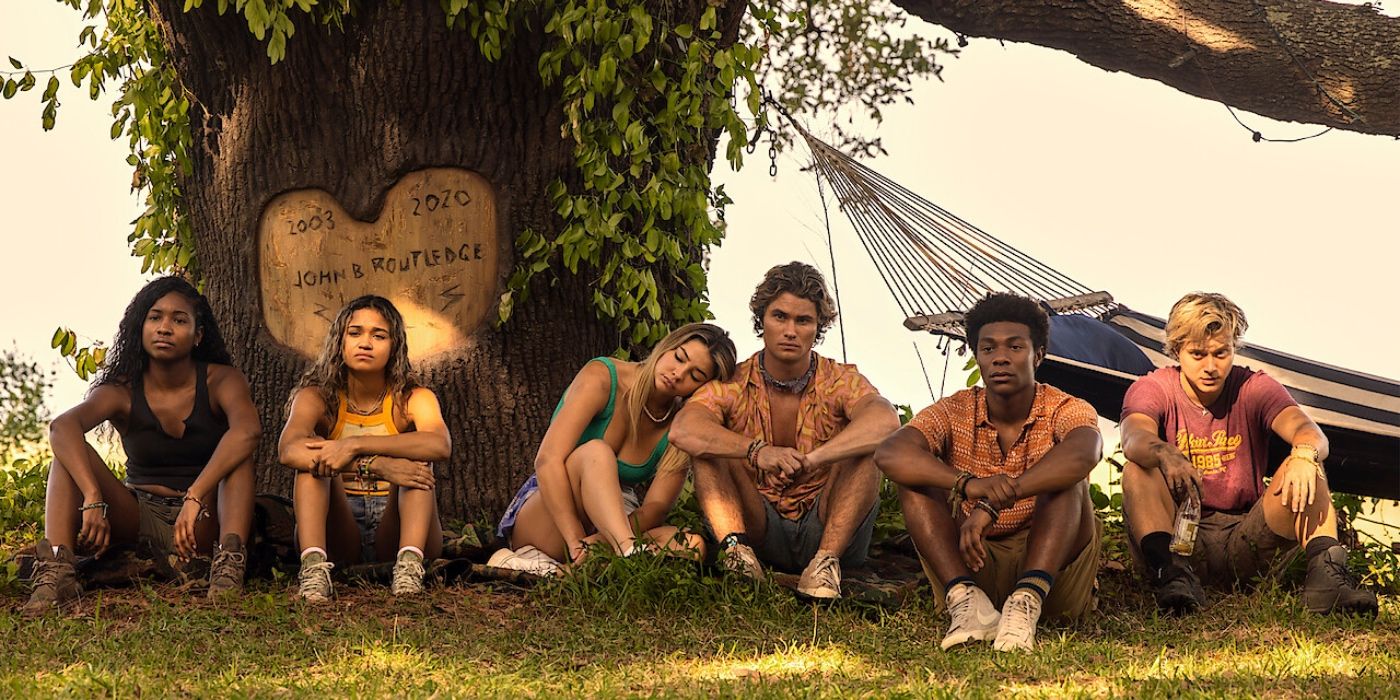
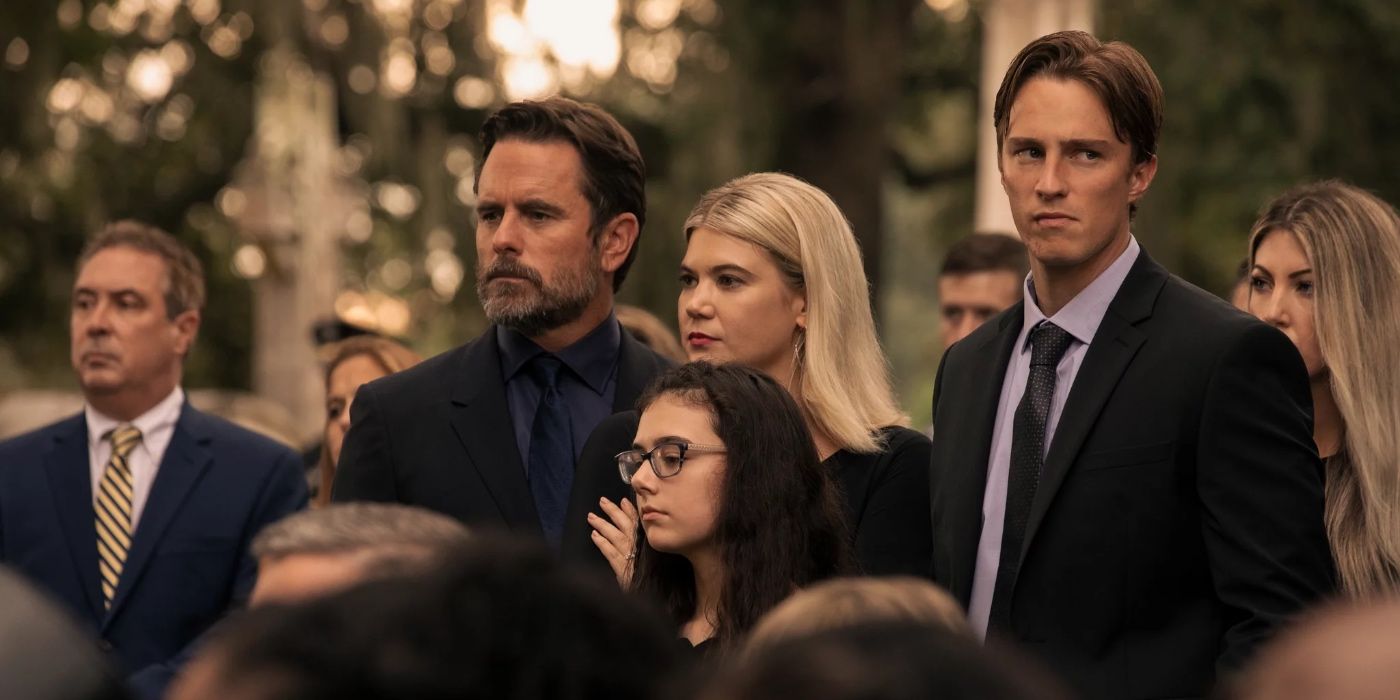
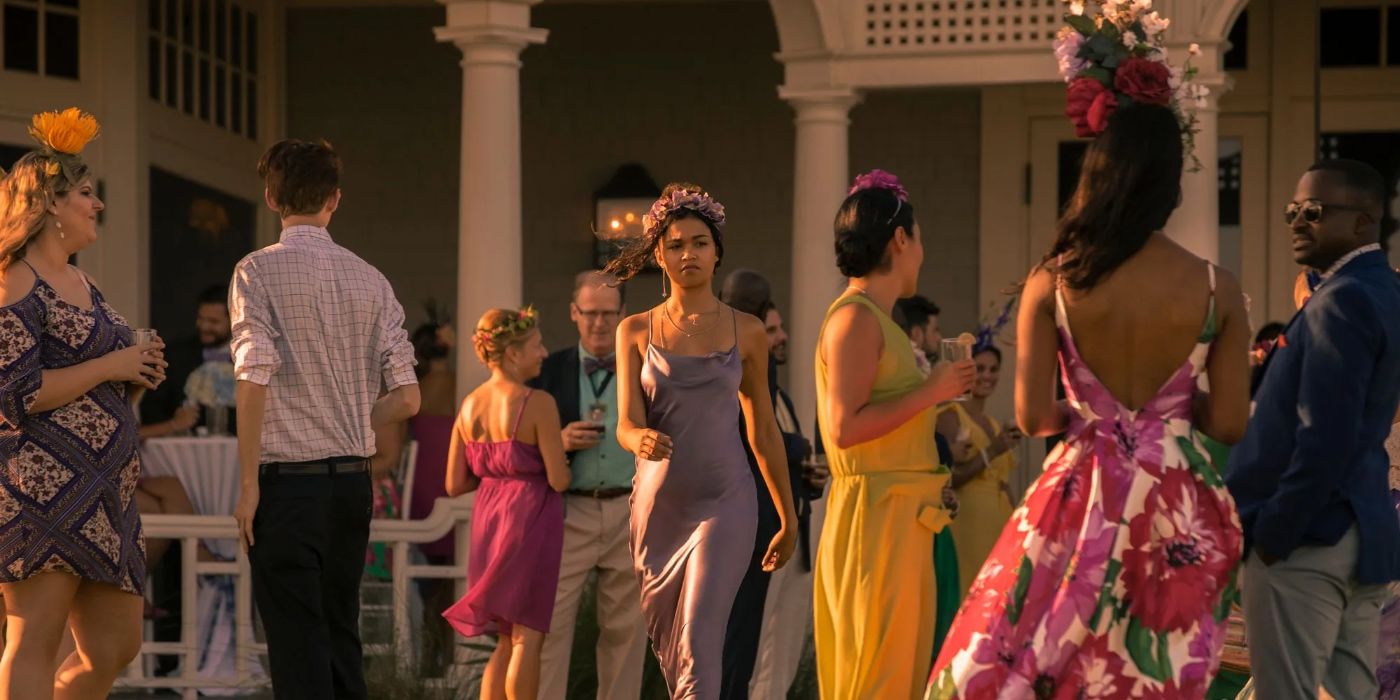



What some viewers, especially those from outside the US, might not realize is that the Outer Banks is a real place. In reality, identifying Kooks and Pogues roaming around in the wild is more difficult than in the world of John B and his friends. While Rafe, Topper, and the rest of the Figure 8 royalty make it pretty obvious (looking at you and your crown, Rose) that they enjoy a wealthy life, and the rundown and more adventurous side of things in the Cut marks the Pogues’ territory, the real Outer Banks has a less clear hierarchy, but a sort of hierarchy nonetheless.
Madison Bailey, the actress who portrays our environmental activist, Kiara, revealed in an interview with US Weekly that the terms “Kooks” and “Pogues” aren’t commonly used in the OBX, but she continues by saying that:
“The root of [the rivalry] would be the privilege aspect of it. Of seeing somebody who gets to be born into this life as an enemy. That’s real. You see people that have more than you that didn’t even have to work for it and it’s frustrating. It’s frustrating when you have to try so hard. It’s stressful too. You can be a superior Pogue and you’ll never be as a mediocre Kook.”
It works as a reminder that class hierarchies and power structures are the norm in most areas all around the world. Even though the terms used in the show aren’t used to the same extent, the system that is portrayed is nothing unusual. Especially when it comes to financial freedom, the distribution of wealth is certainly anything but fair, and some have to put in a lot more effort than others, though the results can often still not be compared.
The Origin of the Word Kook
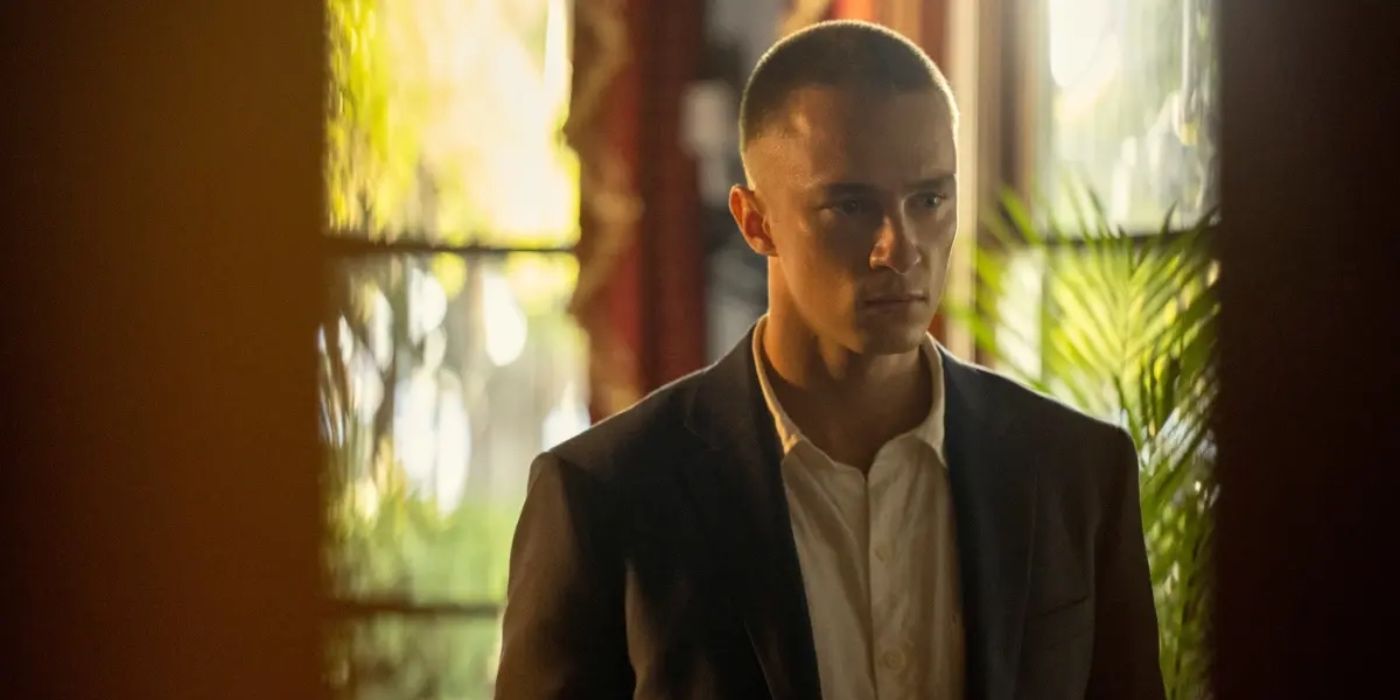
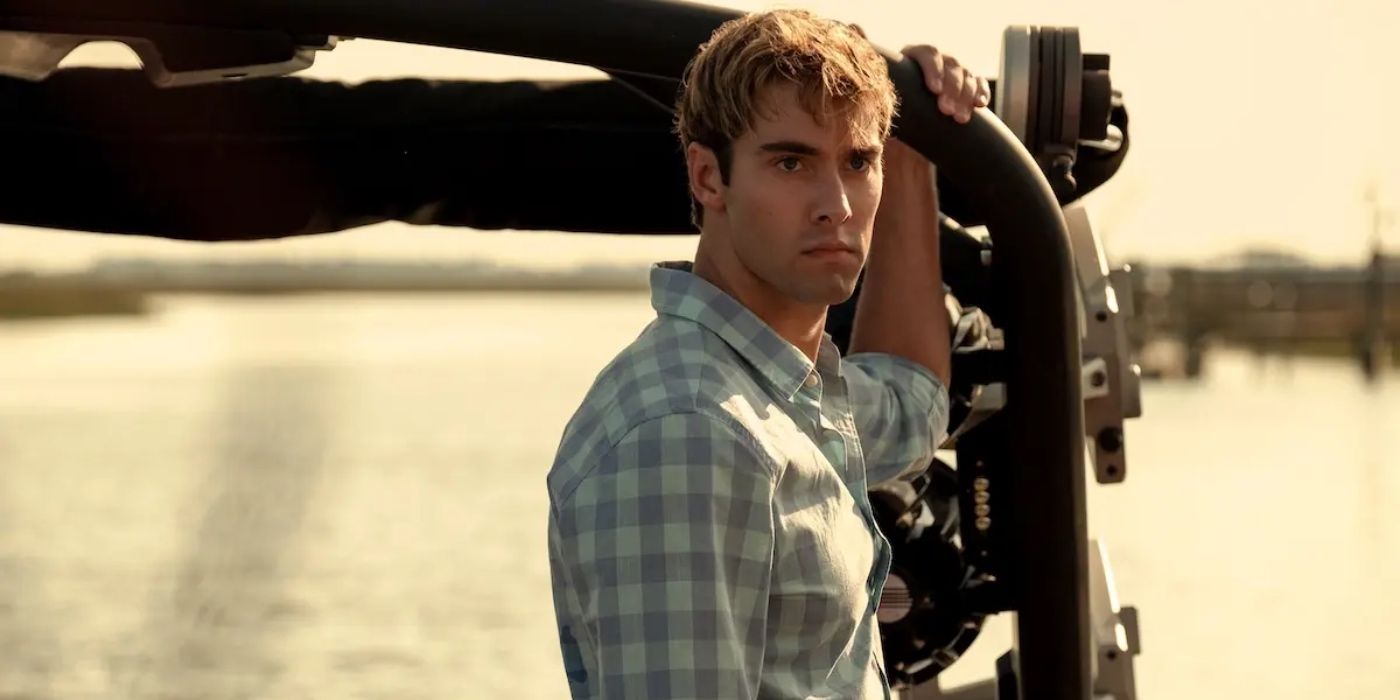
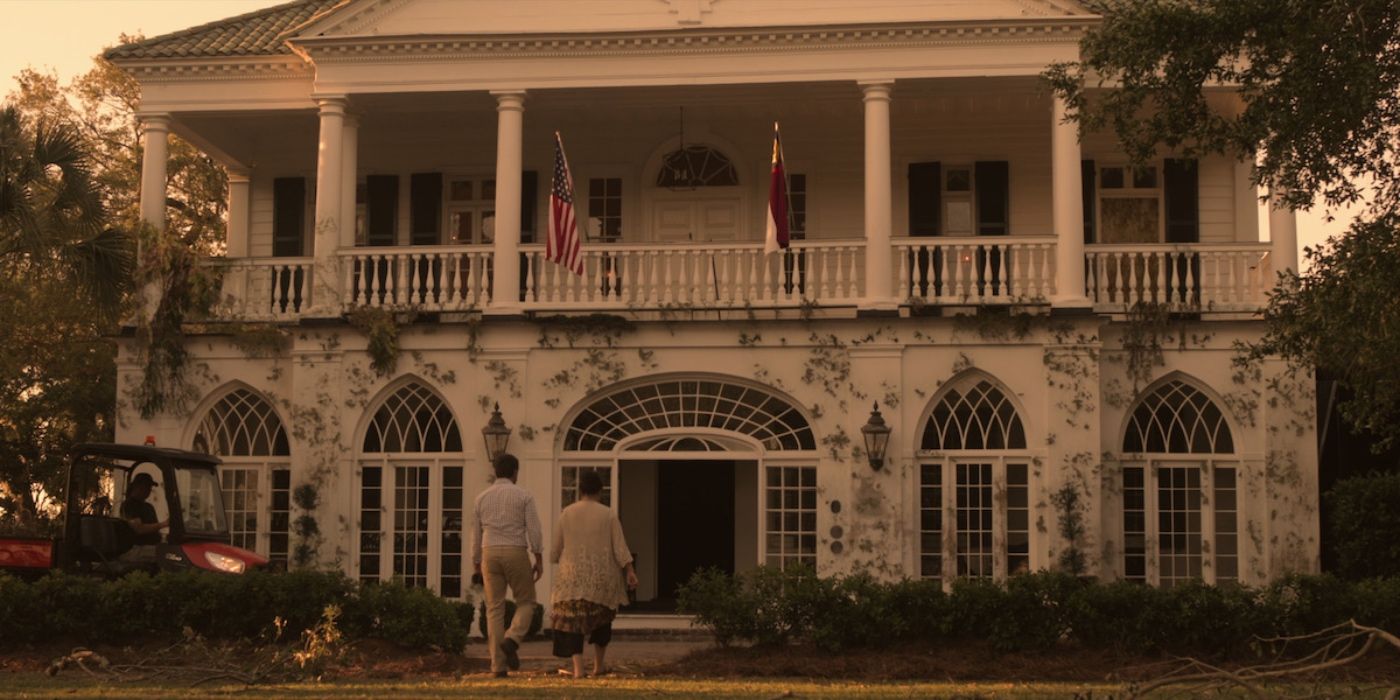



The term “Kook” is not necessarily a part of the Outer Banks inhabitants’ vocabulary, but there still is some reality to it. In general, the most common meaning of “Kook” is actually derived from surfer slang. Kooks often have all the wealth and equipment that is needed to stand out in the water, but, sometimes against their own beliefs, simply lack skills. While they frequently feel superior due to their wealth, kooks are regarded as pre-beginner surfers who rarely achieve mastery of the craft. Due to their overconfidence, they often not only end up being a danger to themselves but also to skilled surfers catching a wave.
They can (more often than not) be caught spending an entire day in their expensive wetsuit, leaning against their expensive car with their expensive board out on display. If these indicators aren’t enough to spot them, the mark on their car, which is sometimes left by pro-surfers using board wax, saying “Kook” might be of help. Unsurprisingly, the term “Kook” has a rather negative connotation, matching the energy of the Kooks in Outer Banks.
Where Did the Word Pogue Come From?
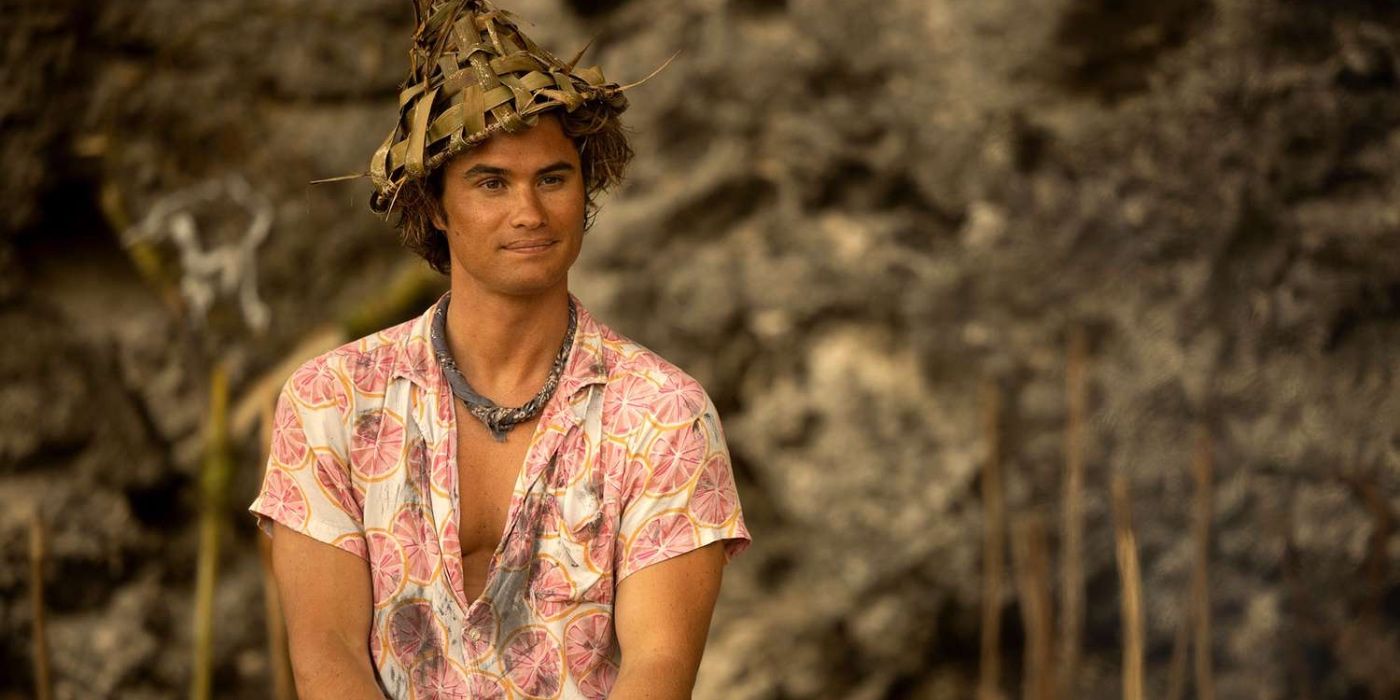
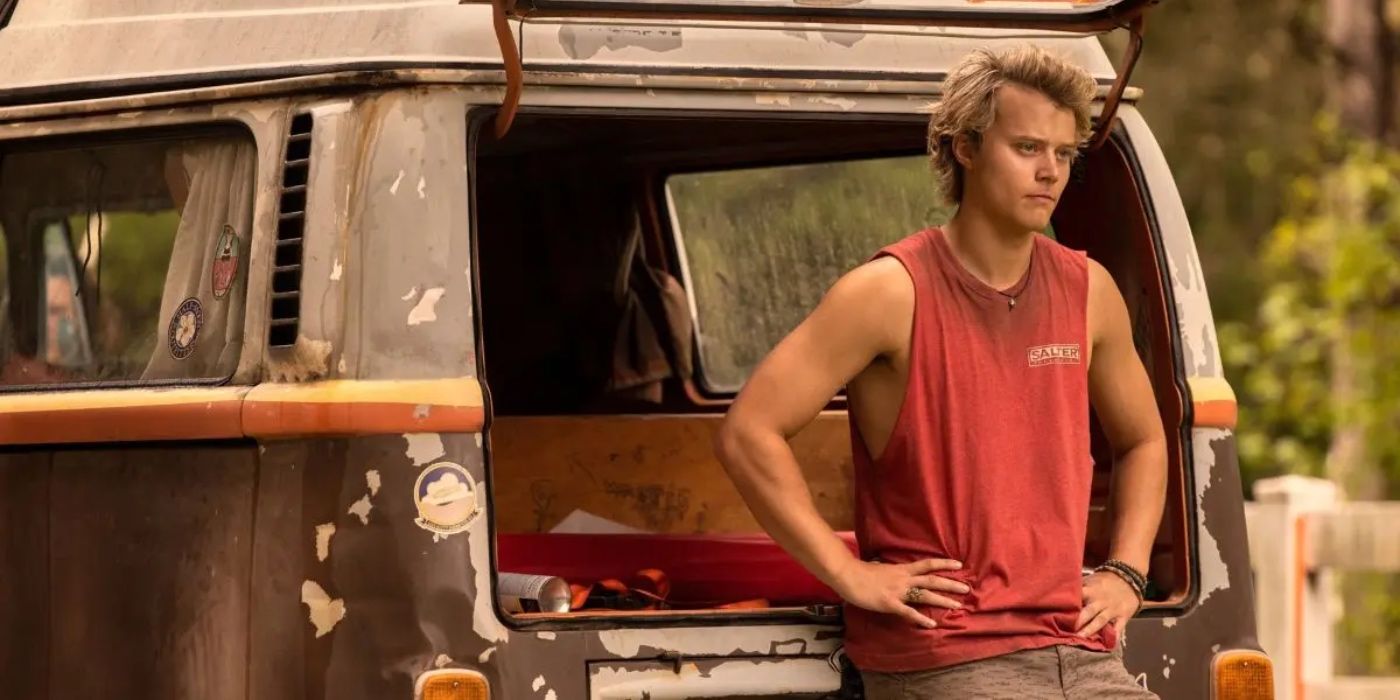


As for the term “Pogue”, there is quite an interesting meaning behind it, which John B briefly reveals right at the beginning of the first episode of Season 1. The Pogues actually get their name from the nickname of the Menhaden Fish, the “pogies”. This type of fish belongs to the herring family but seems to be easily forgotten. The reason for this is that pogies aren’t actually suitable for a barbecue or to eat out of a tin. Instead of being food for humans, they are indeed food for fish. However, despite their rather plain existence, they still depict a valuable part of the biosphere.
Pogies arguably keep the whole system running, since their role as fish meal is a fundamental necessity. While, in real life, the term “Pogues” isn’t used like in Outer Banks, the mentality of the Pogues is still palpable in different areas. The easy-going spirit of just going out and experiencing an adventurous lifestyle is something that many people long for. The Outer Banks Pogues stand for going out and doing whatever comes to their minds, and even though the term doesn’t actually carry the same meaning in real life, the adventure is still out there.
Even though Pogues and Kooks are primarily found in the Outer Banks series, there is still some reality to these two groups. A significant class divide is nothing unusual and can be found in many shapes or forms all around the world. Outer Banks offers an opportunity to experience both sides, regardless of real-life positions. Whether it is John B’s adventure in and outside the OBX or Topper’s upper-class lifestyle, Outer Banks is an exhilarating journey through it all.

